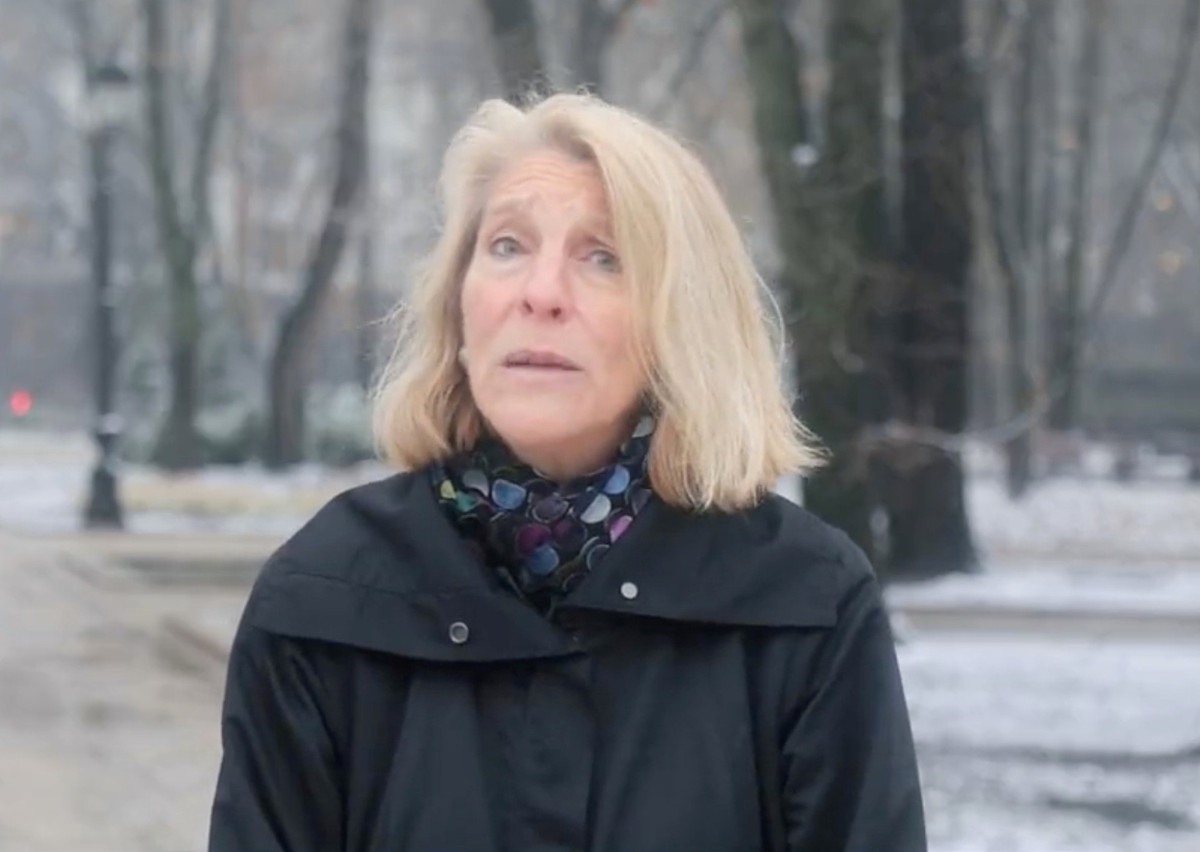Donfried opened a press briefing on Tuesday on the Russian build up on the Ukrainian border by repeating the findings and statements of the G7 on December 12, as well as those of he European Council and NATO on December 16. “Any further aggression against Ukraine would have massive consequences and would carry a high price.”
Donfried reiterated time and time again, the importance of, “standing together” in a, “united front” and that European solidarity was critical.
The assistant secretary made clear, “there would be no talks on European security without Europe” and that it would, “be based on the core principles and foundational documents of European security.”
Although diplomacy was earmarked as the way forward, deterrents including sanctions were mentioned as a way of curbing Russian aggression, again, with the help of the United States’ allies and EU partners.
However, it was made clear that diplomacy could only take place in an environment of “de-escalation”.
When pressed upon what deterrents may entail, the assistant secretary revealed the US and its allies have been working on, “strong economic measures that had not been considered in the past”, and that, “it would inflict significant cost on the Russian economy and financial system.”
Around 100,000 Russian military units, including tanks, artillery and drones have amassed on the Ukrainian border. Donfried had no new information on whether there had been an increase of military personnel. Furthermore, there was no comment on NATO’s changing “force posture” to match the Russian build up, except that, “it would be a conversation that would be had in the NATO context”.
In the past year the United States has committed $450 million in security systems to Ukraine and $2.5 billion since 2014. A defense delivery package was confirmed to have been delivered this week.
On whether Ukraine has been following its obligations outlined in the Minsk agreement, a claim Russian president Vladimir Putin put to Joe Biden earlier this month in a video call, Donfried reiterated the main purpose of her recent trip was to show support and willingness to facilitate the implementation of the Minsk agreement with the partners in question (Germany, France, Ukraine and Russia) without actively joining the diplomatic relations that are currently underway, labelled as the Normandy Process.
Donfried ended her speech by quoting Biden, who at the summit for democracy announced, “we must all push back against the rise of authoritarianism and those who seek to undermine the international rules based order that we have all worked so hard to build and protect.”
American - Russian bilateral engagement on security matters has been earmarked for January.
Xavier Bettel at the European Council last week responded to questions on Russia by stating: “we are solidaire” clarifying his comments by claiming “an attack on one of us, is an attack on all of us”. Bettel was unequivocal on his position that talks must be had with Russia and diplomacy was the best way forward.
